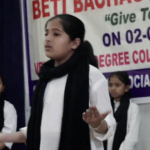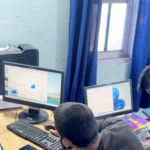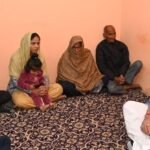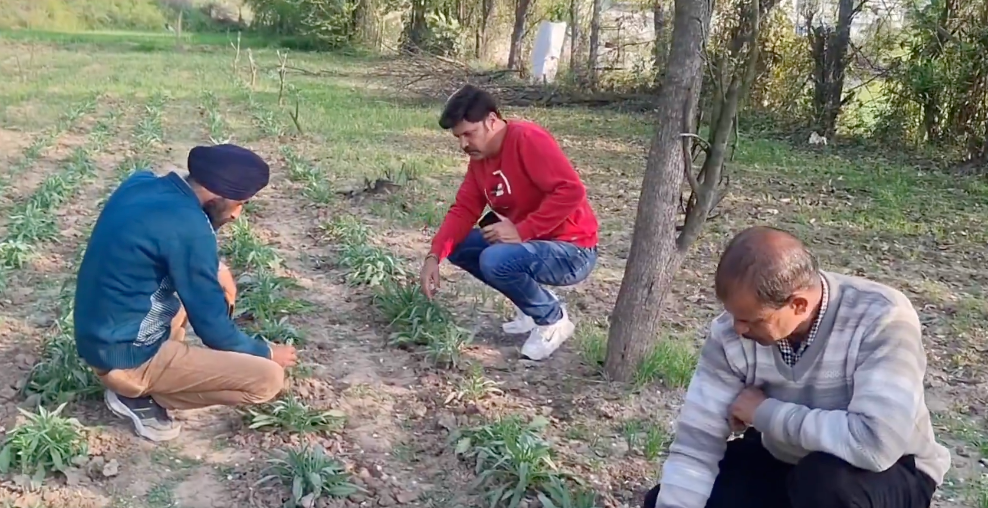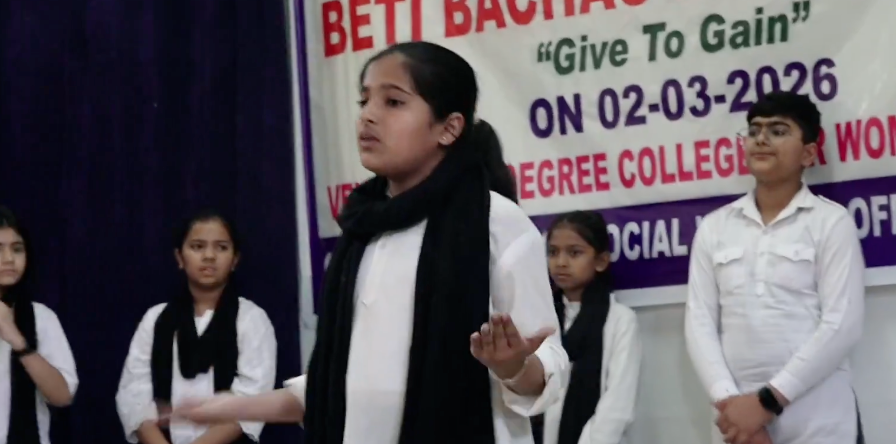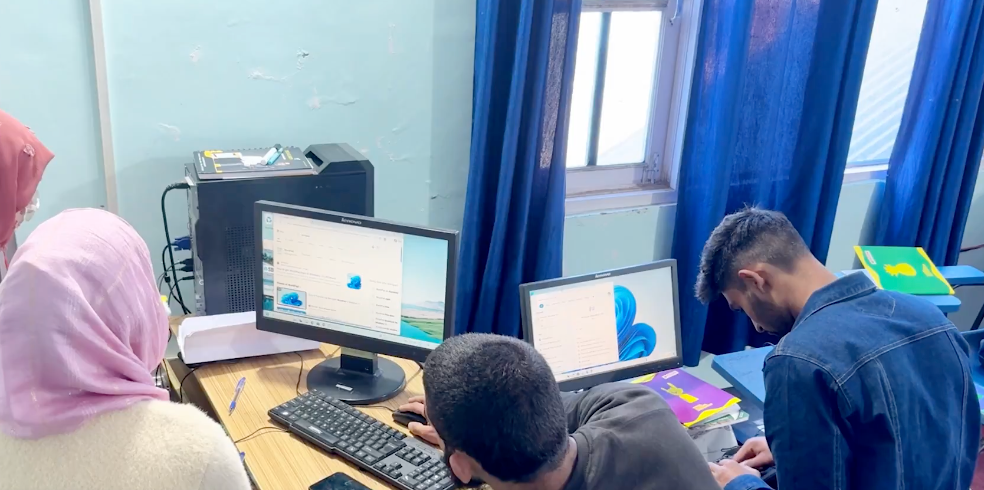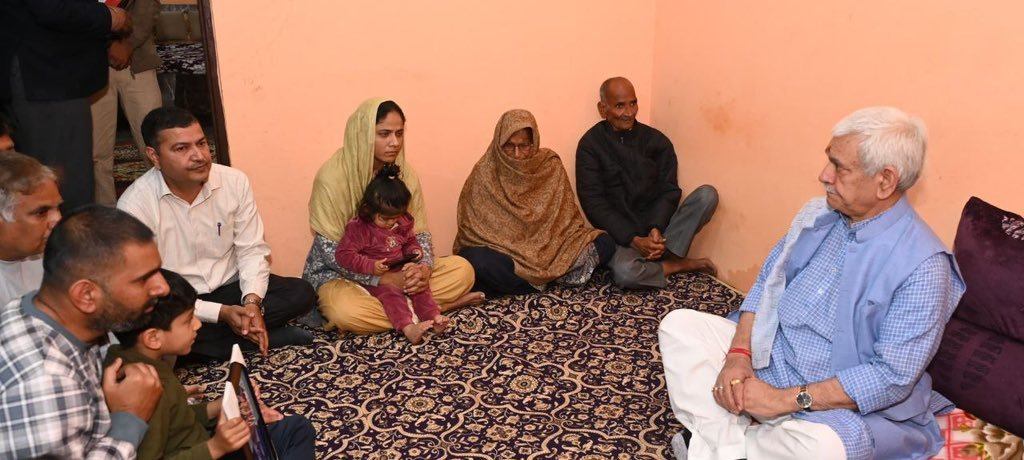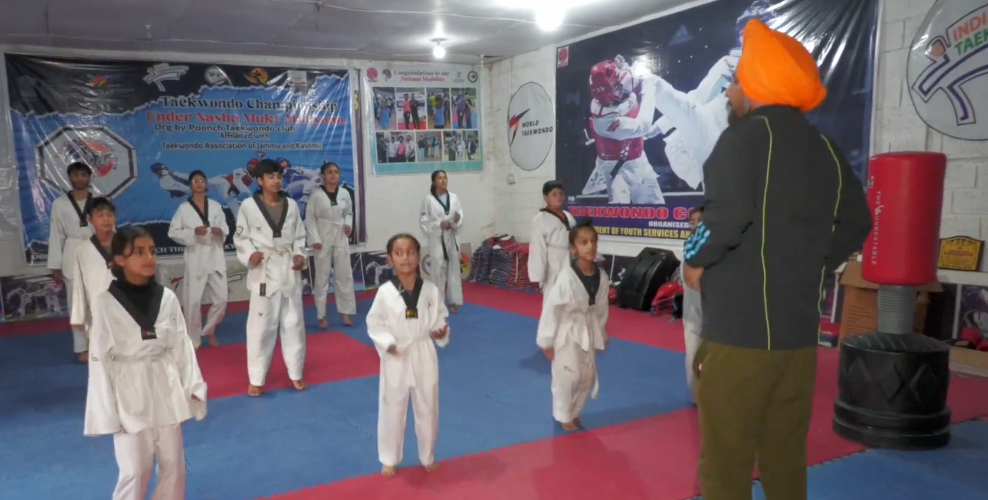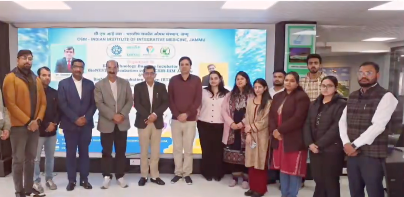Jammu, India – Chief Minister Omar Abdullah Khan chaired a high-level meeting at the Civil Secretariat in Jammu on June 19, 2025, to assess the status of essential services and supplies during the summer months in the Jammu Division. The meeting, attended by senior officials and representatives from key departments, emphasized the need for seamless inter-departmental coordination to ensure uninterrupted public services amid rising summer demand and potential heatwave challenges.
The Chief Minister directed departments to prioritise the availability of drinking water, electricity, healthcare, and road connectivity, urging them to maintain buffer stocks of critical supplies and deploy rapid-response teams in vulnerable areas.
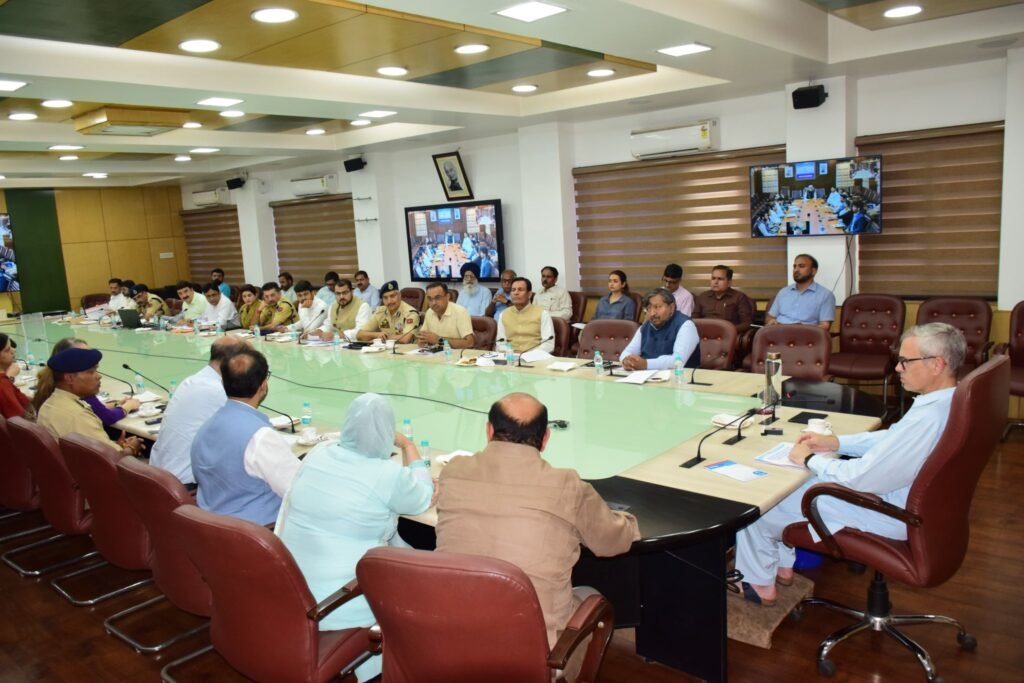
The review covered departments including Jal Shakti (Public Health Engineering, Irrigation & Flood Control), Power Development Department (PDD), Health & Medical Education, Public Works (R&B), Fire & Emergency Services, and Jammu Municipal Corporation (JMC). Discussions focused on strategies to manage water shortages, power outages, and heat-related health risks, with specific attention to high-risk districts like Jammu, Reasi, and Nowshera. The Divisional Commissioner Jammu presented a detailed overview of ongoing preparations, highlighting measures like water tanker deployment and forest fire management.
Abdullah’s directives included installing GPS trackers on water tankers for transparency, as noted in earlier summer preparedness reviews, and ensuring timely maintenance of critical routes like the Srinagar-Jammu National Highway. The meeting builds on a similar review held on April 29, 2025, where Abdullah underscored the importance of proactive systems to handle summer exigencies, according to Kashmir Vision and Kashmir Dot Com.
The Chief Minister commended field officers for their efforts but urged them to remain vigilant, especially given recent heatwave warnings forecasting temperatures above 35°C in parts of Jammu and Kashmir. The initiative reflects the administration’s commitment to public welfare in the Jammu Division, which faces unique challenges due to its hotter climate compared to the Kashmir Valley.


